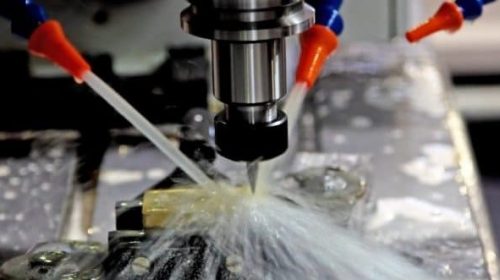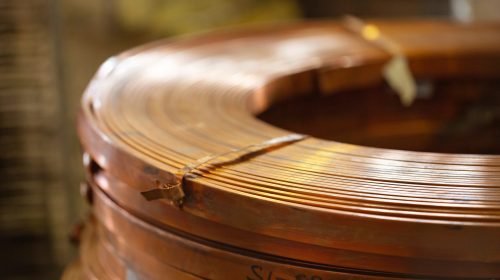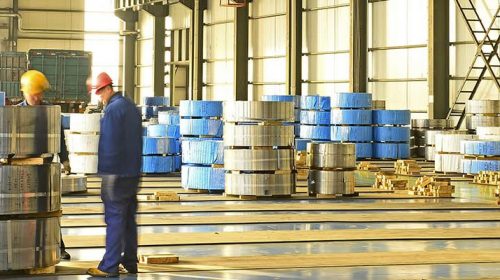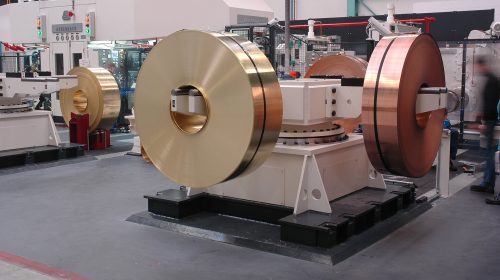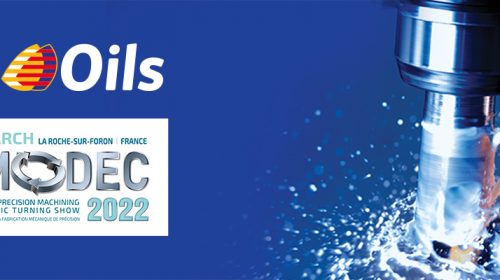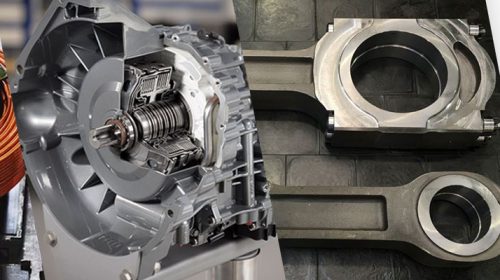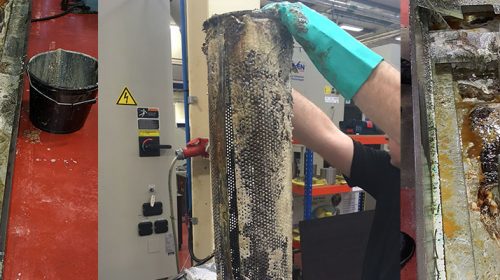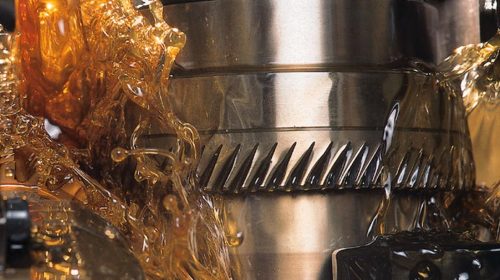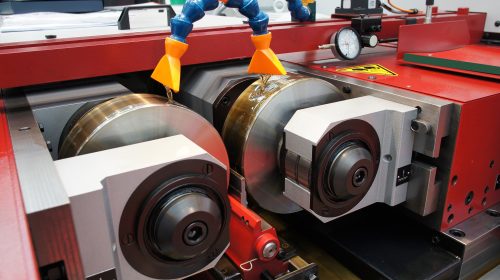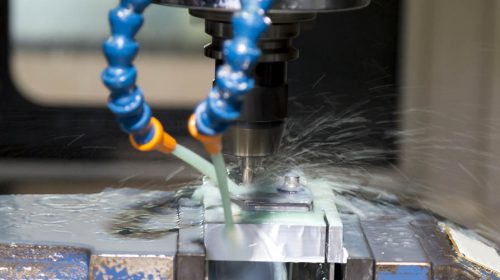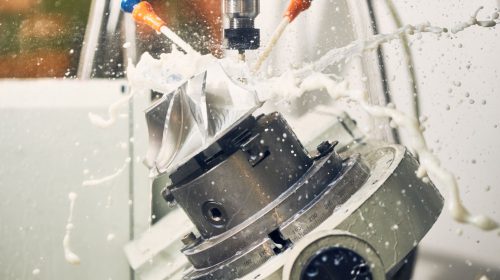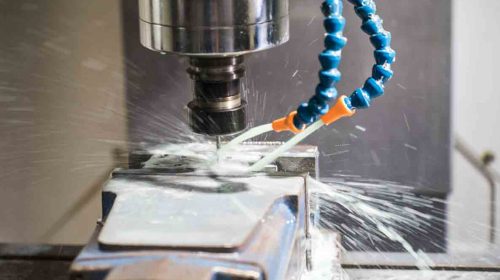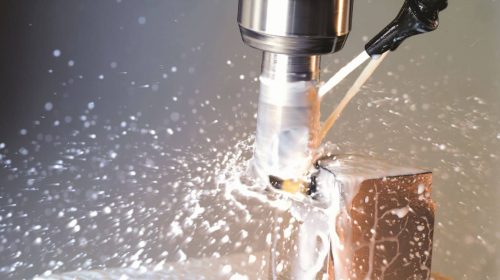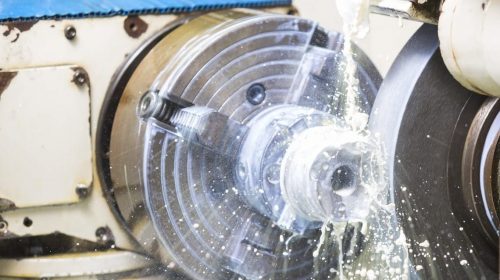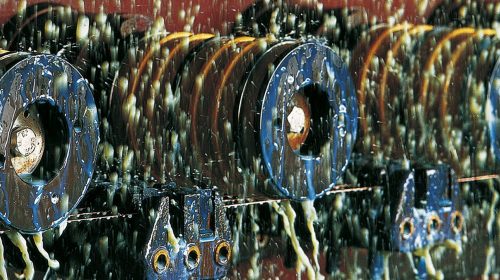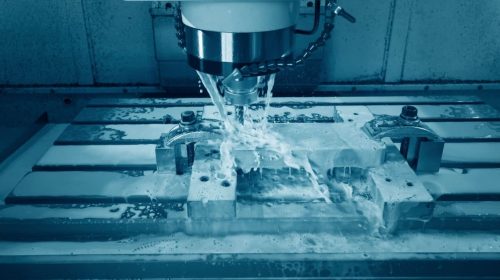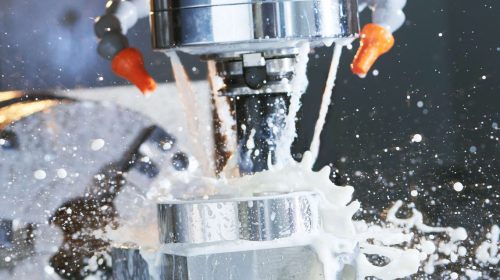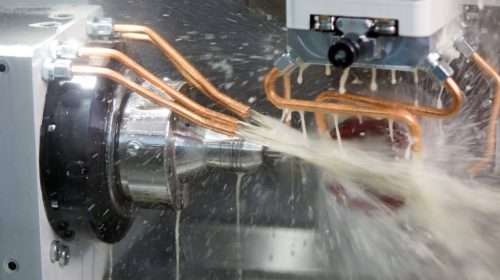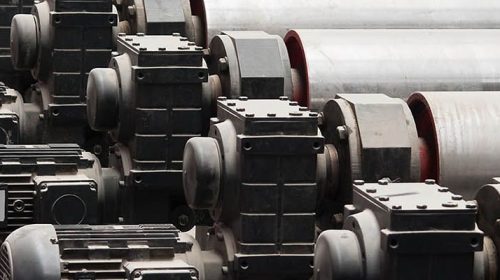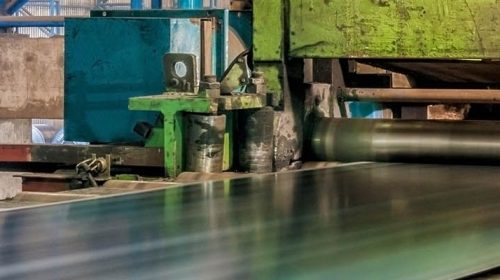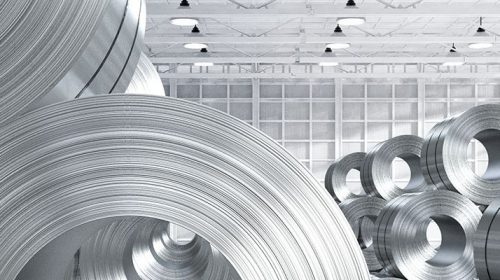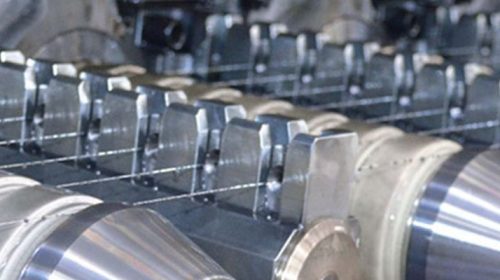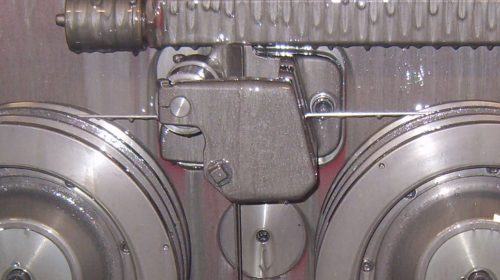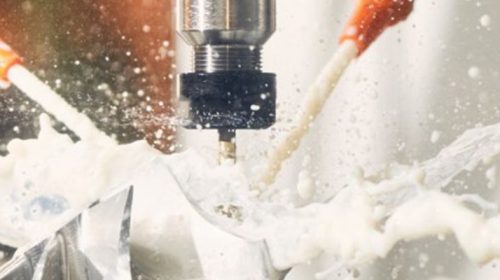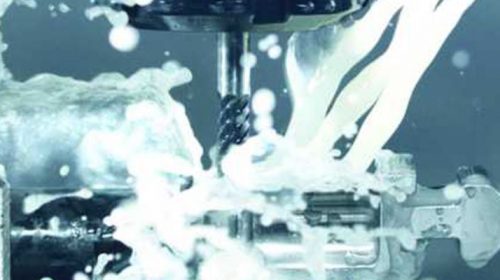The environmental and safety aspects of metalworking fluids are becoming increasingly more important. Forced by new regulations lubricants manufacturers worldwide are replacing the mineral base oils in metalworking fluids by natural sourced derivatives.
Neat metalworking fluids contain a base fluid and different types of additives, promoting typical properties of the lubricants in the application. Base fluids can be mineral oils, natural oils or synthetic fluids. Traditionally mineral oils are widely used as base fluid, because of their advantages in pricing and availability. While these are important advantages, the environmental and safety requirements are becoming more important.
Legal restrictions impact metalworking fluids formulations
Adapted regulations and directives in the USA, China and European Union have an impact on the consumption of the traditional mineral based metalworking fluids:
- USA has specified a minimum renewable content for a range of product categories.
- China and the EU have set restrictions on the use of some chemicals.
The public concern on the safety and environmental impact of metalworking fluids creates a demand for environmentally friendly products. The mineral oil based products are the prime targets for several reasons:
- The health risks caused by the polycyclic aromatic hydrocarbons
- Human exposure: the risk of air pollution as they can produce fumes and mists causing breathing related problems
- The disposal and recycling issues
The new requirements for performance and reduced environmental- and human exposure lead to the development of bio-based metalworking fluids.
Increasing interest in biodegradable lubricants
Today we see an increasing interest in the use of biodegradable lubricants. The major reasons for this new interest are:
- European and USA farmers-associations are spending considerable amounts of money on R&D in non-food areas to reduce crop surpluses.
- Governments have introduced initiatives to promote the use of environmentally friendly products within the public works.
- Companies are building “green” images.
- Advantages of the typical properties of the bio-lubricants.
Since the 1980’s European and American directives/legislation are promoting the use of this type of lubricants in environmental sensitive areas and conditions.
Why bio-based metalworking fluids are a good choice
Some consumers are not convinced of bio-based metalworking fluids. However these fluids are not new. Before the emergence of mineral oils, natural sourced oils were the first pick for the lubrication of machinery and equipment.
They have some important advantages:
- solving biodegradability, environmental- and human-
- exposure issues
- excellent lubrication properties
- high flash points
- low evaporation
- high viscosity index (VI)
The use of this type of lubricants can solve environmental issues, but also productivity and quality related problems.
Despite all the advantages, natural sourced fluids also have a few weak points:
- mediocre oxidation stability
- relatively high price
- limited availability
Mineral oils on the other hand are relative cheap compared to natural sourced oils and the poor lubrication properties can rather easily be improved by additives.



